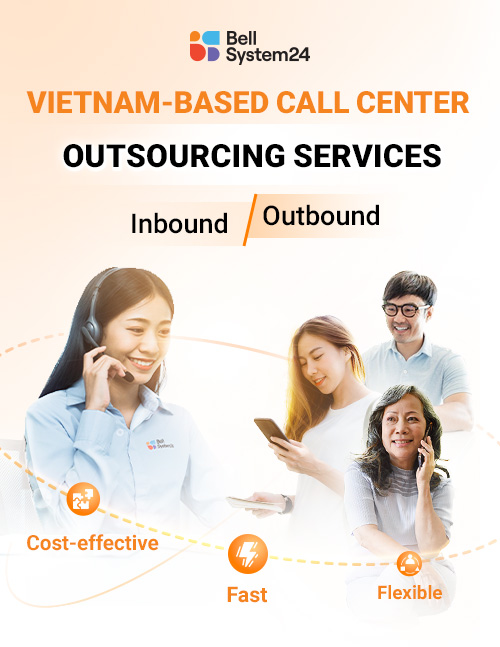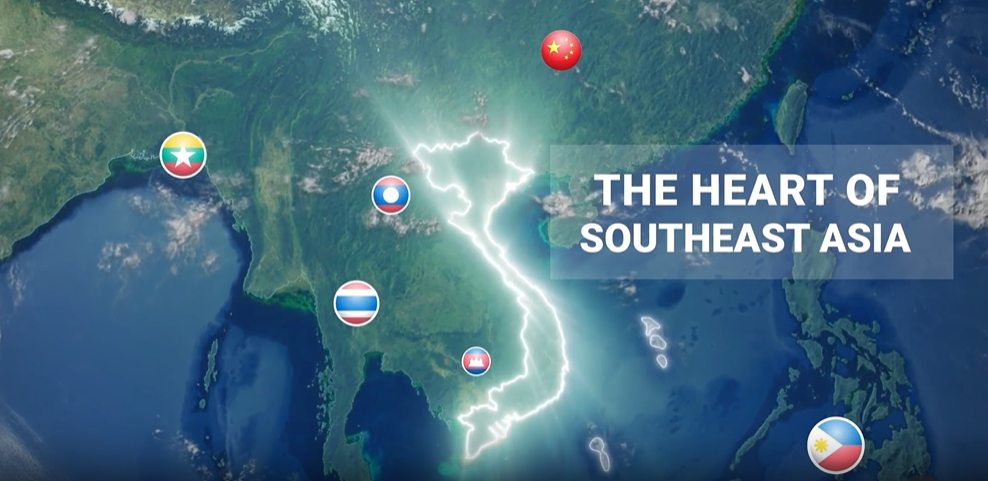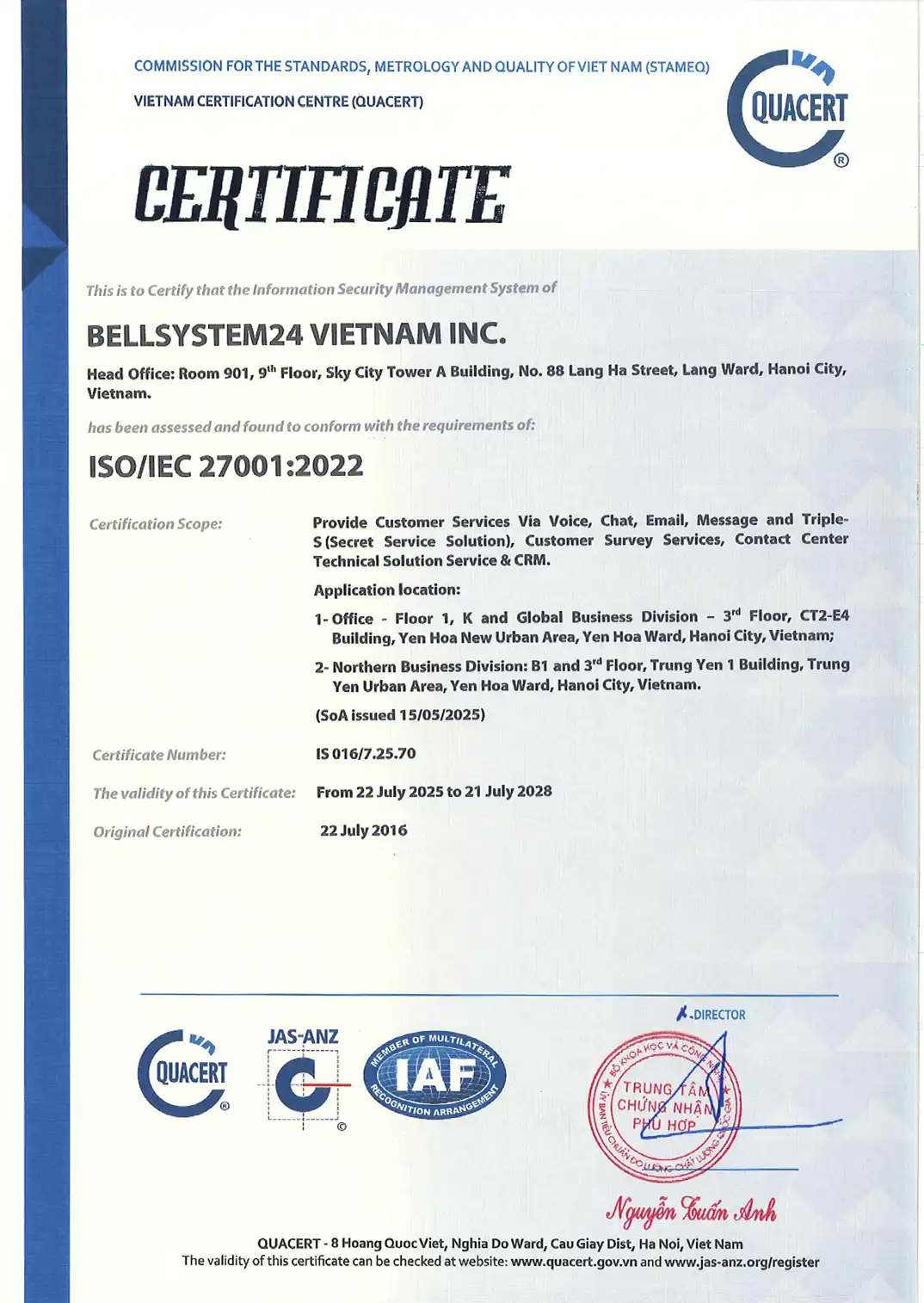When businesses reach a critical growth phase, the question of customer support scalability becomes paramount. Should you expand your in-house team, outsource domestically, or explore offshore alternatives? This comprehensive cost comparison will help you make an informed decision that aligns with your business objectives and budget constraints.

Understanding the Landscape: Offshore vs. Onshore Support
Onshore customer support refers to outsourcing your customer service operations to a provider within your home country. Offshore supportOn the other hand, it involves partnering with service providers in different countries, typically those with lower labor costs but skilled workforces. Vietnam has emerged as a leading destination for offshore customer support, offering an ideal combination of cost efficiency, English proficiency, and cultural adaptability.
Cost Breakdown Analysis
Direct Labor Costs Comparison
| Support Level | Onshore (US/UK/Australia) | Offshore (Vietnam) | Cost Savings |
|---|---|---|---|
| Tier 1 Support | $18-25 per hour | $4-7 per hour | 70-80% |
| Tier 2 Support | $25-35 per hour | $7-11 per hour | 65-75% |
| Technical Support | $30-45 per hour | $9-14 per hour | 65-75% |
| Specialized Support | $35-55 per hour | $11-18 per hour | 65-70% |
Total Cost of Operations (Monthly for a 10-agent team)
| Cost Component | Onshore | Offshore (Vietnam) | Difference |
|---|---|---|---|
| Agent Salaries | $28,000-35,000 | $6,500-10,500 | $17,500-28,500 |
| Management & Supervision | $8,000-12,000 | $1,800-3,200 | $6,200-8,800 |
| Infrastructure & Technology | $3,000-5,000 | $800-1,800 | $2,200-3,200 |
| Training & Development | $2,000-3,500 | $600-1,200 | $1,400-2,300 |
| Overhead & Administration | $4,000-6,000 | $1,000-1,800 | $3,000-4,200 |
| TOTAL MONTHLY | $45,000-61,500 | $10,700-18,500 | $30,300-47,000 |
Annual savings potential: $4,363,600–$5,640,000 for a 10-agent operation when outsourcing to Vietnam
Hidden Costs: What Most Businesses Overlook
Onshore Hidden Costs
- Employee BenefitsHealth insurance, retirement contributions (additional 25-30% of salary)
- Office Space$200-500 per agent monthly in major cities
- Equipment & Software$1,500-3,000 setup cost per workstation
- Recruitment$3,000-8,000 per successful hire
- Turnover Costs150-200% of annual salary for replacement
Considerations Specific to Vietnam
- Setup and Transition$12,000-40,000 initial investment
- Quality Assurance Programs$1,500-4,000 monthly
- Technology Integration$8,000-25,000 setup
- Management Visits$3,000-10,000 annually
- Compliance & Legal$2,000-5,000 setup for Vietnamese regulations
Strategic Advantages Beyond Cost
Vietnam Offshore Benefits
- Exceptional Cost EfficiencyUp to 80% cost savings compared to onshore operations
- Strategic Time ZoneGMT+7 provides excellent coverage for Asian markets and overlaps with Western business hours.
- High English ProficiencyStrong English education system with a neutral accent preferred by international customers
- Cultural AdaptabilityThe Vietnamese workforce is known for its quick cultural assimilation and customer service excellence.
- Rapid ScalabilityThe established BPO infrastructure enables rapid team expansion (50-200 agents within 30-45 days).
- Government SupportThe Vietnamese government actively promotes the BPO sector with favorable policies and incentives.
- Technical ExcellenceStrong IT education foundation and growing tech talent pool
- Stable OperationsPolitical and economic stability ensuring business continuity
Onshore Benefits
- Cultural AlignmentImmediate understanding of local market nuances
- Regulatory ComplianceEasier compliance with local laws and regulations
- Real-time CollaborationSame time zone facilitates seamless communication
- Brand ManagementCloser oversight of customer interactions
- Handling Complex IssuesBetter equipped for nuanced problem-solving
ROI Calculation Framework
Simple ROI Formula:

Payback Period:
Most offshore implementations show a positive return on investment within 3-6 months, with full payback typically achieved in 6-12 months.
Conclusion: Strategic Decision-Making for Long-term Success
The choice between offshore and onshore customer support isn’t simply about cost—it’s about aligning your support strategy with broader business objectives. While offshore solutions can deliver substantial cost savings of 50-70%, the decision should consider factors including service quality requirements, regulatory constraints, scalability needs, and cultural alignment.
For most businesses, the optimal approach involves:
- Clear Objective SettingDefine success metrics beyond cost savings
- Comprehensive Cost AnalysisInclude all hidden expenses in calculations
- Quality BenchmarkingEstablish minimum acceptable service levels
- Pilot TestingStart with a limited scope to validate assumptions.
- Continuous ImprovementRegular review and adjustment of the selected model
Businesses that succeed in customer support outsourcing are those that view it as a strategic partnership rather than a simple cost-cutting exercise. Whether you choose offshore, onshore, or a hybrid model, the key lies in selecting a partner aligned with your values, investing in proper integration, and maintaining focus on customer experience excellence.







